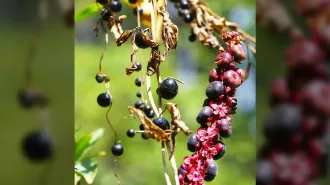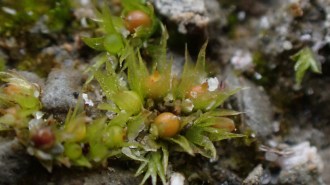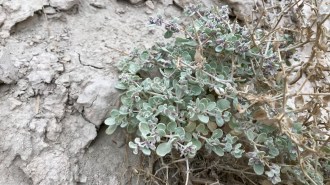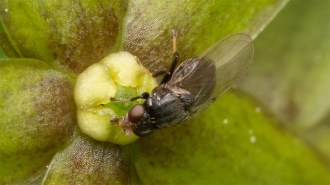BOSTON — The caffeine in energy drinks such as Jolt and Full Throttle packs a serious wallop, but in terms of health-promoting ingredients, these drinks may be pulled punches. Synthetic caffeine dials down fat production on par with caffeine from the shrub yerba maté and from green coffee, new research shows. But drinks made with synthetic caffeine often lack beneficial antioxidants and polyphenols, researchers reported August 26 at the American Chemical Society’s fall meeting.
Melanie Heckman and colleagues from the University of Illinois at Urbana-Champaign compared the effects of caffeine extracted from green coffee and yerba maté, a South American relative of the holly tree that’s made into hot drinks, to those of synthetic caffeine. All three suppressed the accumulation of fat, both in cells in a dish and in rodents, apparently due to the inhibition of enzymes and genes involved in fat synthesis, researchers said.
But the coffee and yerba maté extracts were brimming with polyphenols and antioxidants, of which synthetic caffeine had zilch.
How do you know what kind of caffeine is in your energy drink? Read the ingredients. If caffeine is added to a drink solo, it appears on the label, per U.S. Food and Drug Administration regulations. It doesn’t count as an ingredient in its own right if it is present in other ingredients such as coffee beans or cacao.







